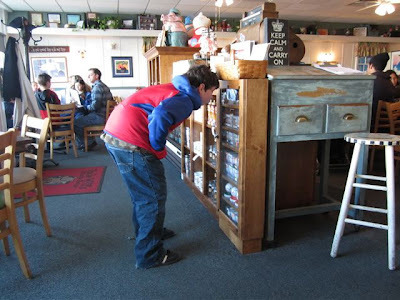What makes for a classic book, and what is the utility of the YA label? I ask those questions at Publishing Perspectives

Over on Publishing Perspectives today, I'm asking a perhaps radical (and yes, of course, naive) question: What would happen if we stopped labeling books, YA or otherwise? It's a notion I've bandied about in my head for a while now—one that seems extraordinarily relevant as we consider the very notion of crossover books, classic books, and the role that labels have or have not played. From the essay:
Crossover books. Classic books. Aren’t they, at the very least,
kissing cousins? And aren’t they also the books whose labels have been
systematically sidestepped or blatantly ignored, whose labels, in the
end, made no perceivable difference, save for the various honors and
awards for which the books qualified? This conspicuous refusal to stay
within the reading lines has represented, I think we can all agree,
excellent good news for the books themselves, and excellent good news
for readers.
What, then, does all this suggest about a label’s utility? What,
indeed, would happen if the “young adult” label suddenly (in
fantastical, whimsical, utterly surreal fashion) vanished? Certainly the
YA label is not “protecting” teens from scandalous reads (however
readers choose to define scandalous these days); it’s not the
equivalent, in other words, of a PG rating. And certainly the YA label
doesn’t tell us much of anything about the story we’re about to
encounter, or about its relative artistry. “YA” tells us only that a
teen or teens is involved. But so what, really, because at the end of
the day, that’s the case for many an adult novel, too.
The whole can be found here.
In the meantime, while I was posting this, I received word that Kirkus named Small Damages the recommended teen book of the week.
My head happily spins.




Published on July 18, 2012 12:26
No comments have been added yet.



